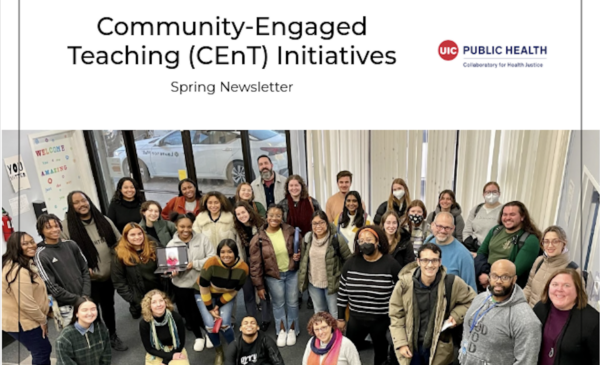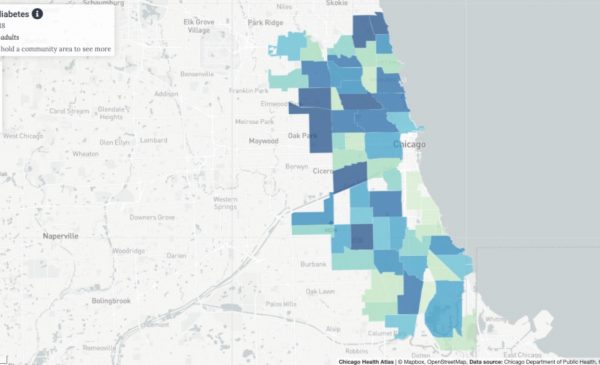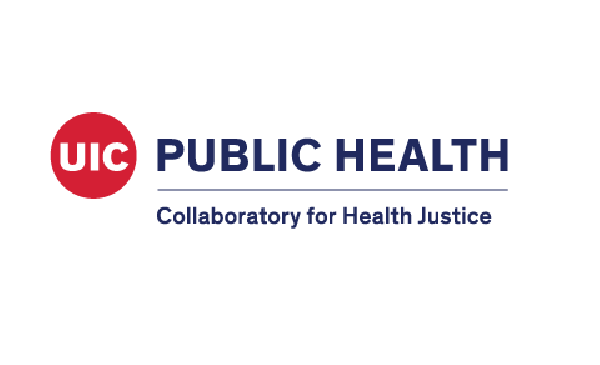About the Collaboratory
The UIC School of Public Health Collaboratory for Health Justice is dedicated to enhancing reciprocal engagement between the community and UIC faculty, students, and staff. Our emphasis is on connecting people to each other and to resources that will ultimately improve their public health research, teaching, and practice. We strive to advance health justice—that all people would have the power and resources to have agency over their health, which requires addressing systems of oppression such as classism, racism, sexism and xenophobia.
Mission
Our mission is to support academic-community partnerships by facilitating the meaningful participation of broad stakeholders; fostering representation & presence in academic settings; and providing training and technical assistance for integrating community engagement across research, teaching and practice.
Vision
Our vision is health justice attained through active participation of broad stakeholders in the UIC School of Public Health through research, teaching and practice.
Announcing CHJ's Strategic Plan 2021-2026
Our Work/Areas of Support

The Collaboratory previously housed the Community-Engaged Teaching & Learning (CEnTL) Initiative, which seeks to build capacity at the neighborhood level by repurposing academic knowledge, skills, and resources, to directly support community-based organizations, through our classrooms, in order to lead community healing, address structural violence, and strengthen the local public health infrastructure. Two key programs in CEnTL are Community Course Alignment and Health Justice Speakers Bureau. Learn more about them here.

The Collaboratory previously housed the Epidemics of Injustice Course, which is an annual student-led course that is open to any UIC student for credit or free and open to the public, that prepares public health leaders and community members with the tools to bring about social change and address structural determinants of health. Now sponsored by the UIC SPH division of Community Health Sciences, the course is typically offered virtually every spring.

During the pandemic, nonprofits across Chicago saw an increase in the demand for their services without an increase in their financial and operational capacity to meet that higher demand. Nonprofits operating in low-to-moderate income areas and those with budgets less than $1M were disproportionately impacted, with many seeing decreased revenue and increased costs and have not yet fully recovered. To ensure a strong recovery for Chicago nonprofits, the City of Chicago created the Nonprofit Capacity Building Program. This program will provide technical assistance and capacity building services for disproportionately impacted nonprofits, helping to stabilize and scale their operations.
Access the recordings and resources provided by the Collaboratory for Health Justice here.


